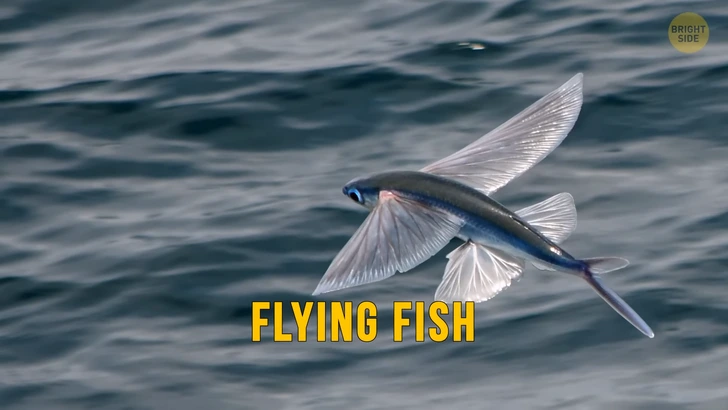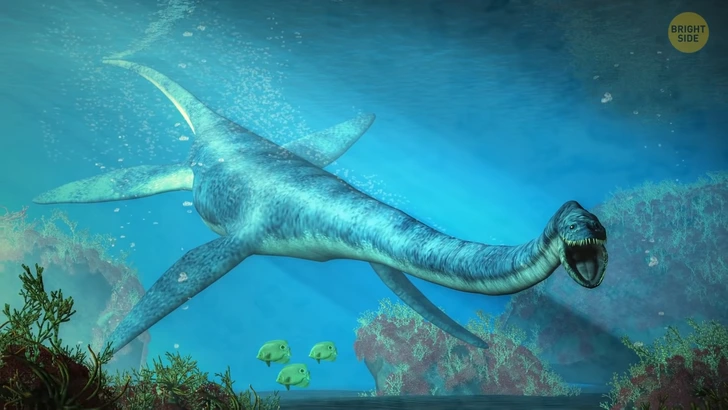In this day and age, our world is running at a faster pace than ever before. It is in that rush that we often forget just how much we affect the rest of our planet, and it is during times like the recent COVID pandemic, when everything slows down, that our eyes become a little bit more open to things around us.
A great example of this is one Hawaiian student who, while free-diving during the near-worldwide lockdown, noticed a worrying pattern connecting all the sea turtles he encountered, which raised his curiosity. This started a two-and-a-half-year project that led this guy not only to a monetary prize and scientific community recognition but also to doing a major favor to the sea turtles and the environment. Scroll down to read the full story!
A Hawaiian student came up with a solution for an environmental crisis plaguing the sea turtles of his hometown and received a $10,000 prize

Image credits: Society for Science (YouTube)
Maddux Springer began his project when he started noticing concerning tumors on all of the green sea turtles he encountered while free-diving during Covid
A few short years ago, Maddux Springer, a high school student from Oahu, Hawaii, had no idea that the free-diving hobby he used as a cure for boredom during the Coronavirus pandemic would end up serving as the beginning of a truly great and noble feat.
It was during his dives that he started coming across turtles with weird tumors that looked anything but good. “Over time, I kept noticing this more and more, and I didn’t really know what it was from, and that piqued my curiosity,” Maddux said in an interview with Island News.
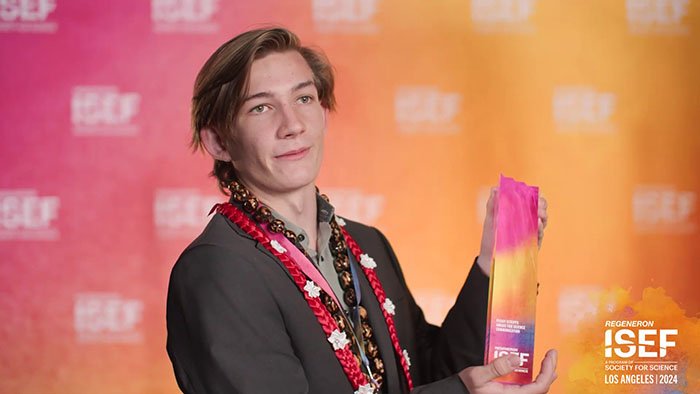

Image credits: Island News (YouTube)
With some additional help, he discovered that the turtles were sick with a certain type of cancer, which they got by eating algae in places where wastewater was dumped
His first instinct was to look for helpful information online, but when he was unable to find enough answers there, the student contacted his research teacher at the Iolani School and some professors at other institutions. Soon, with a little bit of help, his project was underway.
“My project found that there was an association between high levels of wastewater from cesspools and human-derived sources and cancer in green sea turtles, specifically cancer called fibropapillomatosis,” shared Maddux, saying how sea turtles were getting sick due to ingesting very high amounts of arginine found in the invasive algae species that they were mainly eating.
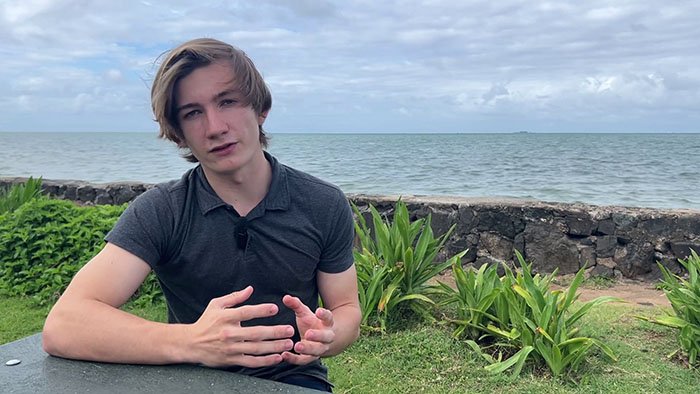
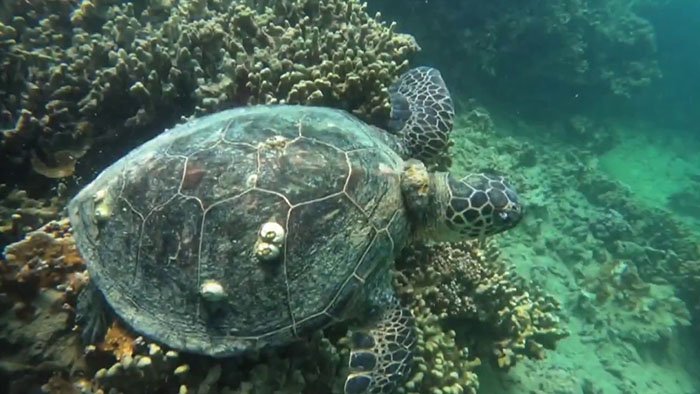
Image credits: Island News (YouTube)
The young scientist presented his discovery during an international science and engineering fair and was later awarded a $10,000 prize
This discovery, which earned him the $10,000 Peggy Scripps Award for Science Communication during the Regeneron International Science and Engineering Fair (ISEF), was about more than just the sea turtles. The young scientist explained that since these animals eat the algae that cover the corals and restrict their access to sunlight, the decline in the numbers of this species means that the corals bleach at a higher rate. Therefore, this affects the whole ecosystem.
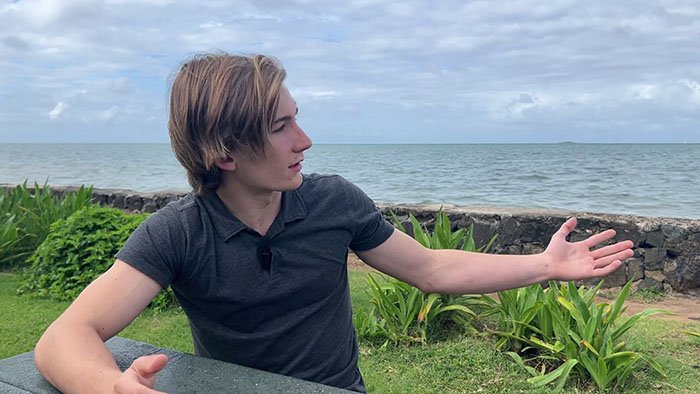
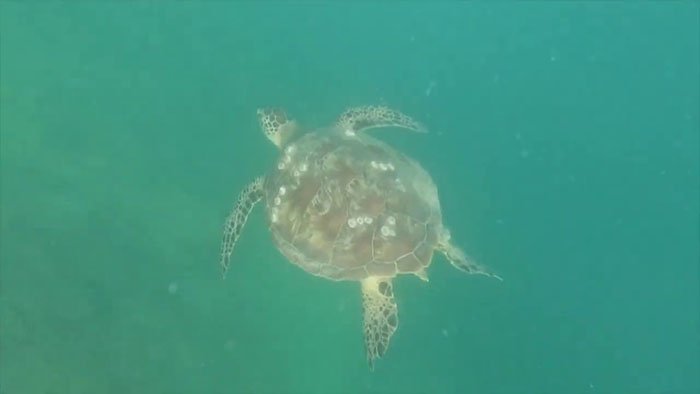
Image credits: Island News (YouTube)
Maddux Springer doesn’t plan to stop here, as he aims to publish his research and continue working on a solution until the green sea turtles in his hometown are cancer-free
Even though his project has gained the scientific recognition it absolutely deserves, Maddux’s work is far from finished. Aiming to become a marine biologist in the future, at the time of the interview, he was planning to publish his research, which would then allow him to bring the issue to legislators and move forward in actually fixing the issue he discovered.
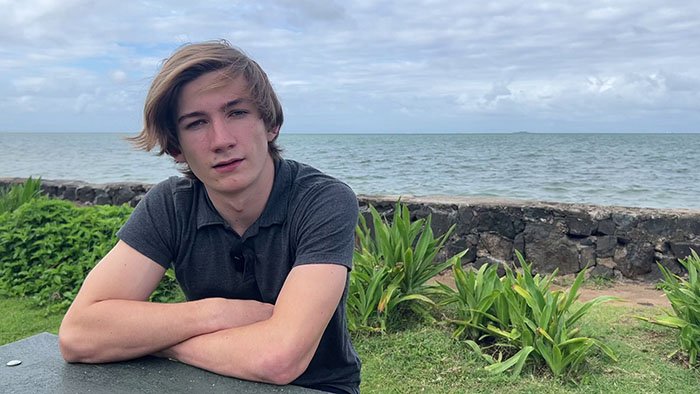
The importance of environmental work like this cannot be overstated, and even though not every person who tries to make humanity’s future brighter is incentivized by monetary scientific awards, their effort is just as significant to our planet and every single one of us.
San Diego-based Environmentalist Amea “Mae” Wadsworth, who works in climate communication for EcoTok Collective and Commons, is one of these people. “I always cared about the environment and was concerned about climate change, but it wasn’t until I started making content about animal agriculture and intersectional veganism that I really became a part of the environmentalist community,” the expert told Bored Panda, sharing how she quickly fell in love with other parts of the movement when she joined EcoTok Collective in 2020.
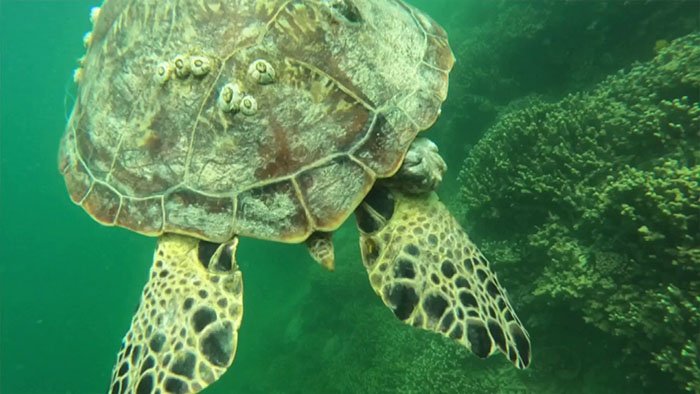
Image credits: Island News (YouTube)
Wastewater not being properly disposed of is a major issue that affects not only sea turtles but our whole ecosystem, humans included
When asked about the magnitude of the issue of wastewater not being properly disposed of, Mae was quick to define it as extraordinarily dangerous. “The ocean is the world’s biggest carbon sink and one of our biggest protectors against the climate crisis,” explained the environmentalist, adding how polluting bodies of water in any way poses a huge risk to marine life and even human safety, as it can lead to disease outbreaks when consumed.
“There’s also a huge environmental racism component to cases of polluted water. Low-income and minority communities are more likely to be situated near wastewater treatment plants, industrial facilities, and other sources of pollution,” continued Mae. “These areas often suffer from the direct release of untreated or inadequately treated wastewater, leading to higher exposure to harmful pollutants.”
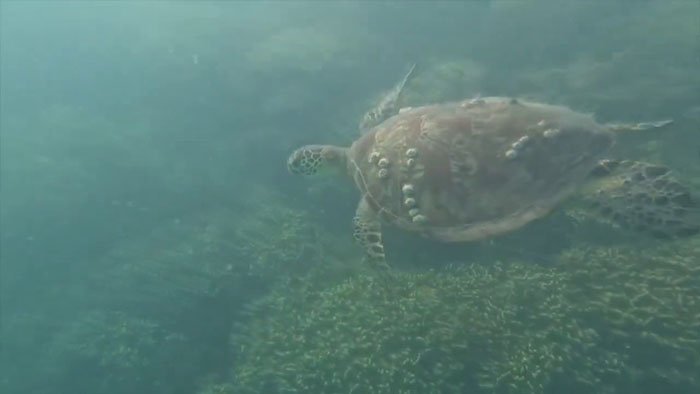
Image credits: Island News (YouTube)
It’s not too late to fix this problem, but to do it, we all have to pitch in, and it starts by making our voices heard through elections and voting
Fortunately, it’s not too late to fix these problems. Even if you are not up to dedicating a big part of your life to environmental work, you can still play a major role in changing our future for the better. “It’s always important to be voting in local elections for politicians that support climate policy and prioritize ending pollution, often through regulations and fines for companies.”
Mae concluded by saying that while there is not that much that we can do about wastewater disposal issues individually, we can always support our local environmental organizations or even take it a step further and, in a way, follow in the footsteps of Maddux Springer, utilizing our own strengths to fight the environmental crisis in any way that we can.
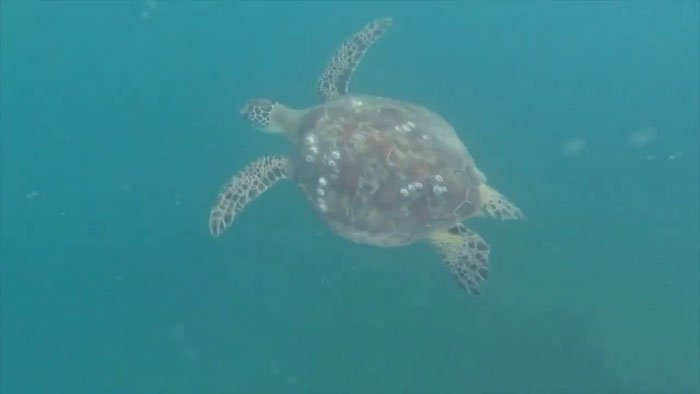
Image credits: Island News (YouTube)
In the end, being busy with our daily lives makes it easy to miss things around us, but even if they don’t seem to affect us at this very moment, everything will catch up eventually. So, let’s not neglect our planet because, after all, it is we who live on it. And if you ever feel like you can’t do anything about it, just remember that a guy who went free-diving out of boredom ended up potentially saving a whole species of sea turtles just by being curious.
What did you think about this story? What are some small or big ways in which you contribute to helping our environment? Share it all in the comments below!


